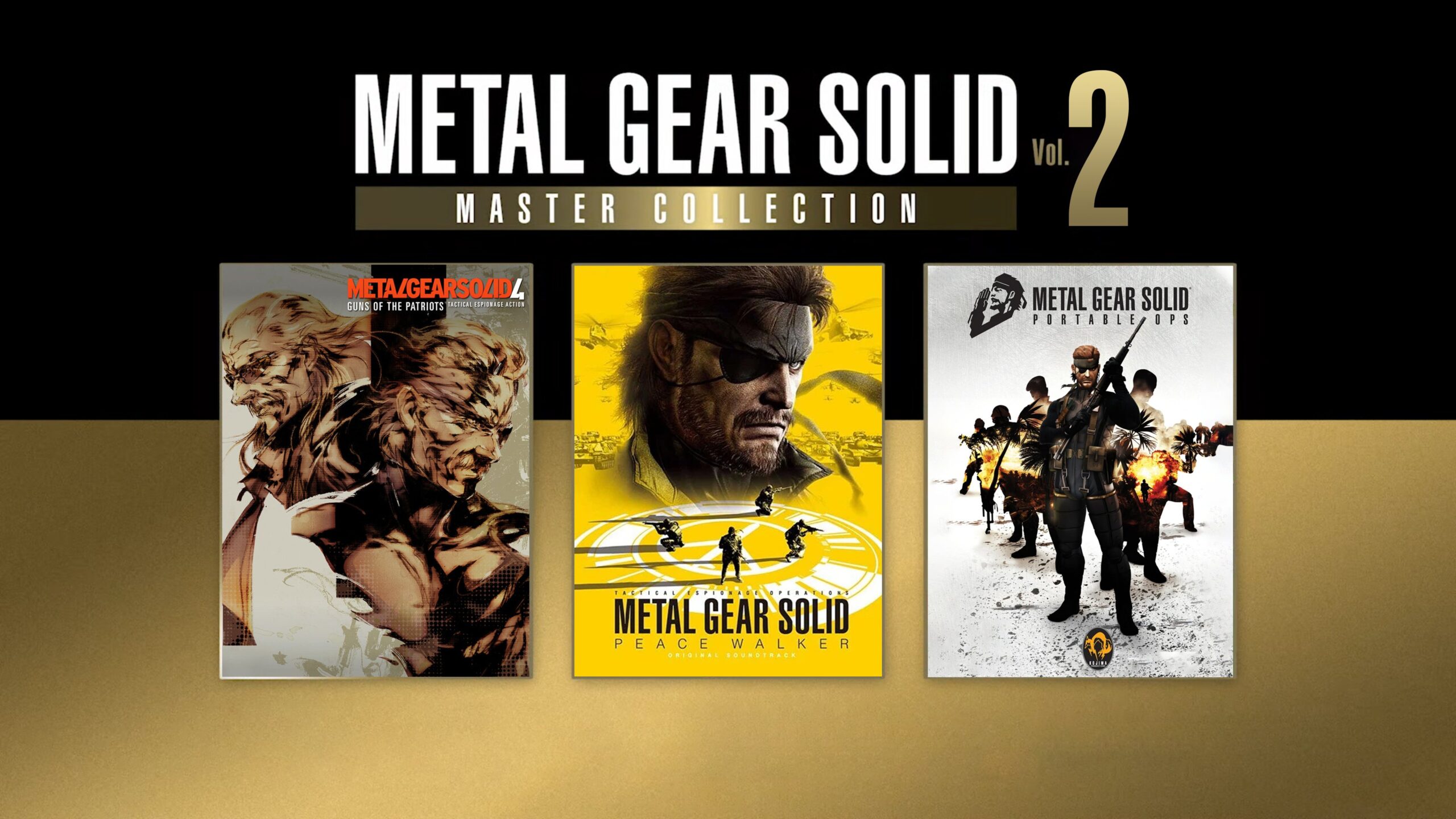The global gaming community recently experienced a familiar mix of anticipation and mystery. Konami, the storied publisher behind the iconic Metal Gear Solid series, has officially confirmed that Metal Gear Solid Master Collection Vol. 2 is not merely a pipe dream, but an ongoing project. Following the success and, admittedly, some content omissions of the first Master Collection, this announcement has ignited a fervent wave of speculation: which legendary titles will finally emerge from the shadows to grace modern platforms?
A Glimmer of Hope from Tokyo
The confirmation, delivered by Noriaki Okamura – producer of the highly anticipated Metal Gear Solid Delta: Snake Eater – during a presentation at the Tokyo Game Show, was both a blessing and a tease. When pressed about the next installment of the Master Collection, Okamura affirmed its development. Yet, like a seasoned intelligence operative, he offered no specific details regarding the included games. This strategic silence has, predictably, transformed the franchise`s dedicated fanbase into a global network of amateur analysts, dissecting every potential clue from the series’ rich history.
The inaugural Master Collection, while a commendable effort in historical preservation, conspicuously sidestepped several pivotal entries. This deliberate void inadvertently created a compelling “most wanted” list for Vol. 2, a list that now feels tantalizingly close to being addressed.
The White Whale: Metal Gear Solid 4: Guns of the Patriots
At the apex of nearly every fan’s wish list stands Metal Gear Solid 4: Guns of the Patriots. This sprawling, cinematic conclusion to Solid Snake’s saga has remained famously exclusive to its original platform, the PlayStation 3. The technical complexities inherent in porting MGS4, largely attributed to the PS3’s distinctive Cell Broadband Engine architecture, have long been cited as a formidable barrier. Its eventual liberation from this hardware-specific confinement would represent not only a monumental achievement in game preservation but also a crucial opportunity to introduce a pivotal narrative to an entirely new generation of players.
Imagine experiencing the unparalleled spectacle, the profound emotional depth, and the sheer narrative weight of MGS4, finally rendered on PC, Xbox Series X, and PlayStation 5. The prospect of enhanced resolutions and smoother frame rates could inject fresh vitality into its intricately designed cutscenes and intense action sequences. It is a title that unequivocally merits a wider audience, if only to bear witness to its unparalleled commitment to meticulously concluding decades of lore.
Portable Powerhouses and Phantom Pains
Beyond the epic scope of MGS4, several other significant titles were notably absent from the initial collection. Metal Gear Solid: Peace Walker, originally a PSP phenomenon later masterfully remastered for the Metal Gear Solid HD Collection, stands as another prime candidate. Its innovative co-op gameplay, strategic base-building mechanics, and its pivotal role in bridging the narrative gap between Snake Eater and Ground Zeroes make it an indispensable component of the Metal Gear narrative. Its exclusion from Vol. 1 felt like a tactical oversight, one that Vol. 2 is perfectly poised to elegantly rectify.
Similarly, Metal Gear Solid: Portable Ops, an earlier PSP title exploring Big Boss’s formative years, occupies a unique space within the series’ lore, even if its canonical status is debated among purists. Its inclusion would provide a comprehensive glimpse into the franchise`s ventures into handheld gaming and the diverse conceptual explorations undertaken by Hideo Kojima and his team.
And then there are the more recent, yet equally essential, entries: Metal Gear Solid V: The Phantom Pain and its compact prologue, Ground Zeroes. While these titles are already broadly accessible on contemporary platforms, their inclusion could complete the Master Collection, establishing a definitive historical progression from the series’ inception to its most recent mainline installment. This would solidify the collection`s status as a comprehensive historical archive, meticulously charting the series’ evolution in its entirety.
The Future Beyond Preservation
While the fan base eagerly awaits the definitive contents of Vol. 2, the wider Metal Gear universe continues its intriguing evolution. The impending launch of Metal Gear Solid Delta: Snake Eater is a clear indicator of Konami’s renewed, and welcome, focus on the franchise. Producer Yuji Korekado has even subtly hinted at the potential for additional remakes in the future, suggesting a vibrant and expansive path forward for the beloved series.
Intriguingly, both Okamura and Korekado have voiced a desire for a new generation of developers to assume creative leadership for future original Metal Gear Solid titles. This sentiment, while deeply respectful of the series’ legendary creators, also introduces a fascinating dichotomy: a dedicated push for preserving the past through meticulously crafted collections and remakes, harmoniously coexisting with an open invitation for fresh perspectives to sculpt its future. It represents a delicate but necessary balance, ensuring the invaluable legacy remains intact while enabling the franchise to gracefully evolve beyond its celebrated origins.
The Legacy Endures
The confirmation of Metal Gear Solid Master Collection Vol. 2 transcends mere news; it is a powerful reaffirmation of a gaming phenomenon that has profoundly shaped the industry. It acknowledges the enduring appeal of a series that redefined the tenets of stealth gameplay, narrative complexity, and cinematic presentation in video games. While Konami, true to form, continues to hold its cards close, the sheer promise of Vol. 2 allows fans to confidently dream of revisiting—or indeed, discovering for the very first time—some of the most profound and engaging stories ever conceived in interactive entertainment. The speculation persists, the anticipation steadily builds, and the indelible legend of Metal Gear Solid marches onward, one tantalizingly mysterious collection at a time.

